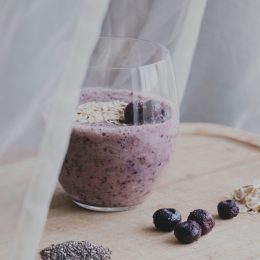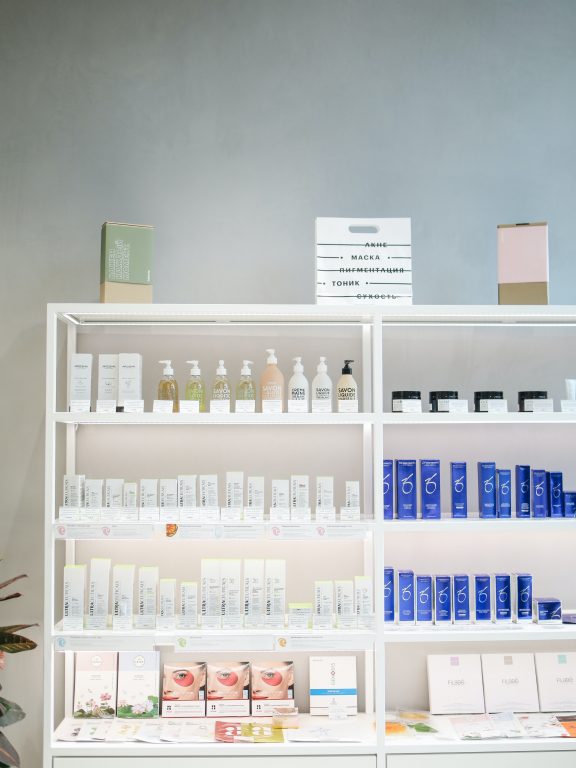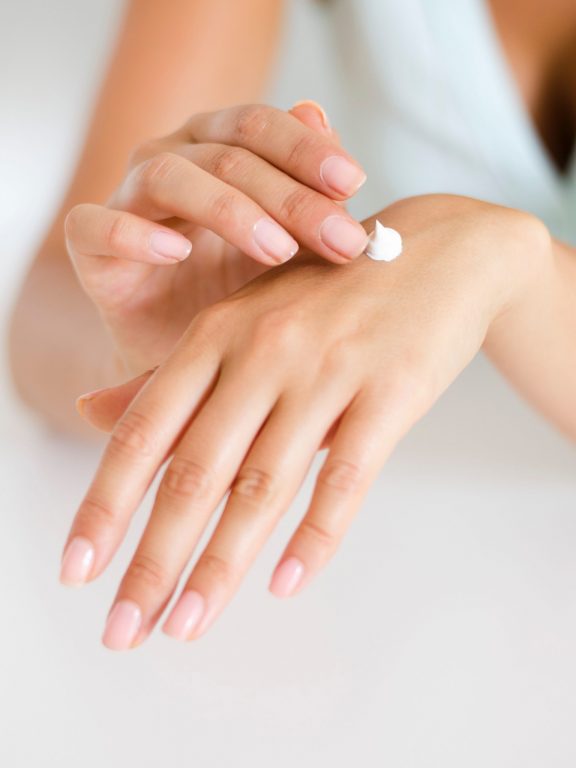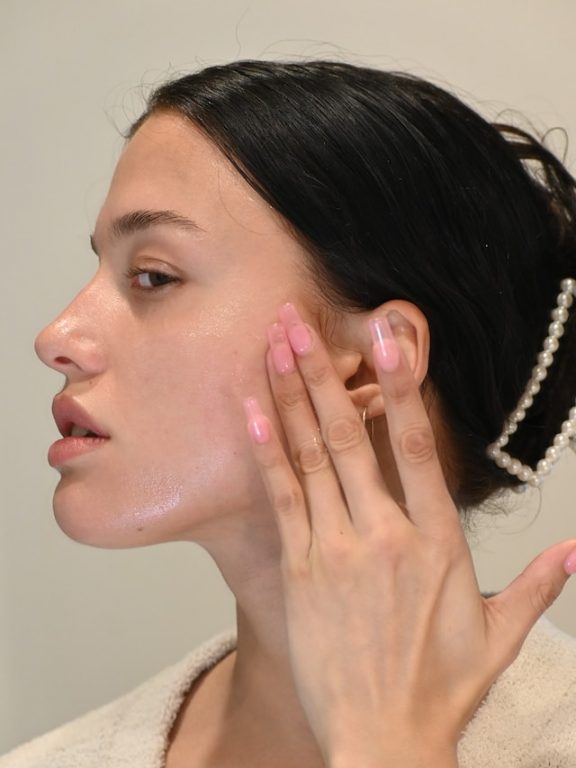Decoding Skincare Ingredients: What to Look for and Avoid
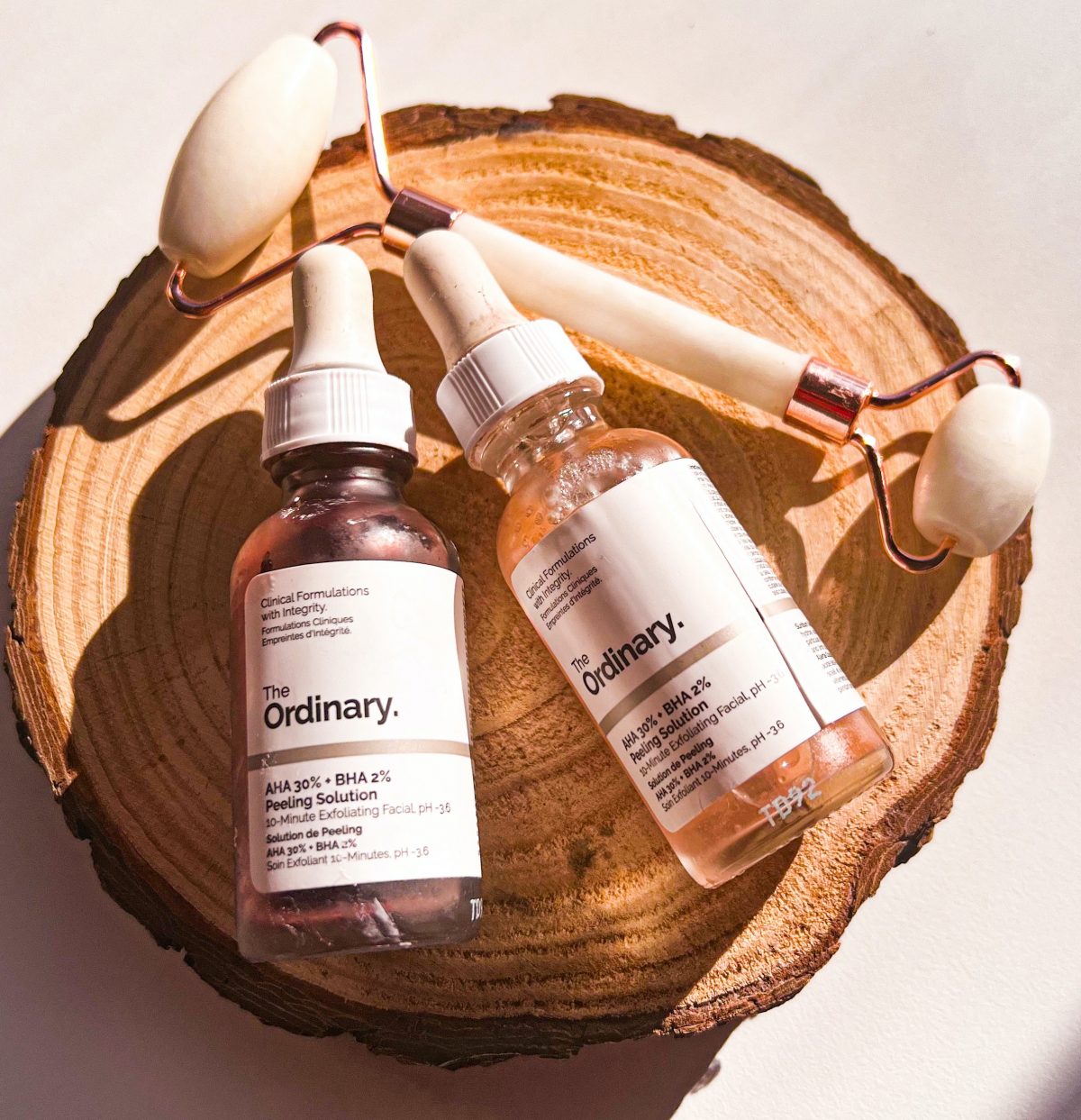
This post is about Decoding skincare ingredients: What to look for and avoid
When it comes to getting that glow and taking care of your skin, it’s easy to get lost in the sea of skincare products out there, right? Well, here’s the deal: the secret to nailing your skincare routine is getting friendly with those ingredient lists.
So, in this guide, we’re gonna break down those fancy-sounding ingredients for you. I want you to feel like a total skincare boss, so you can pick the good stuff for your beauty routine and dodge the not-so-great ones. Let’s get into the nitty gritty!
Decoding Skincare Ingredients: What to Look for and Avoid
The Importance of Skincare Ingredients
Before diving into the specifics, let’s understand why skincare ingredients are crucial. The products you apply to your skin can have a significant impact on its health and appearance. Ingredients can make or break a skincare routine, so it’s essential to be discerning.
Your skin is the body’s largest organ, and it deserves the best care possible. Ingredients in skincare products penetrate the skin’s layers, affecting its function and appearance. Therefore, it’s essential to be mindful of what you apply.
Click Here to read Building a Skincare Routine: Step By Step Guide For Beginners
Essential Skincare Ingredients to Look For
- Hyaluronic Acid: This moisture-retaining superhero keeps your skin hydrated and plump. Whether you have dry or oily skin, hyaluronic acid is a universally beneficial ingredient.
- Vitamin C: An antioxidant that brightens skin, fades dark spots, and boosts collagen production. Look for serums containing vitamin C to improve your skin’s overall tone and texture.
- Retinol (Vitamin A): Effective for reducing fine lines, wrinkles, and improving skin texture. Incorporate a retinol product into your nighttime routine for rejuvenated skin.
- Niacinamide (Vitamin B3): Helps in reducing redness, improving elasticity, and minimizing pore size. Niacinamide is suitable for all skin types, especially if you have concerns about enlarged pores or uneven skin tone.
- Peptides: Encourage collagen production and reduce the appearance of wrinkles. Peptides are a valuable addition to your anti-aging skincare regimen.
- Sunscreen (SPF): Essential for protecting skin from harmful UV rays. Never leave the house without sunscreen to prevent premature aging and reduce the risk of skin cancer.
Skincare Ingredients to Avoid
While seeking the right ingredients for your skincare routine, it’s equally important to know what to avoid:
- Parabens: These preservatives may disrupt hormonal balance. Opt for paraben-free products to reduce potential health risks.
- Sulfates: Can strip the skin of natural oils and cause dryness. Choose sulfate-free cleansers to maintain skin hydration.
- Phthalates: Linked to hormonal disruption and skin irritation. Check product labels for “phthalate-free” claims.
- Fragrance: Synthetic fragrances can lead to skin sensitivities. Opt for fragrance-free or naturally scented products.
- Mineral Oil: Can clog pores and potentially cause breakouts. Look for non-comedogenic moisturizers if you have oily or acne-prone skin.
Reading Skincare Labels
Understanding product labels is essential when deciphering skincare ingredients. Here’s how to do it:
- Check the Ingredient List: Ingredients are listed in descending order by concentration. The first few ingredients are the most prevalent in the product.
- Look for Key Ingredients: Focus on the active ingredients mentioned earlier. These should align with your skincare goals.
- Avoid Red Flags: Be cautious of products with too many unpronounceable or potentially harmful ingredients. Simplicity often works best in skincare.
Tailoring Your Skincare Routine
Now that you’re armed with ingredient knowledge, you can create a customized skincare routine that caters to your specific needs. Here’s a simple guide:
- Cleanser: Choose one suited to your skin type. Foaming cleansers work well for oily skin, while cream cleansers are gentler for dry or sensitive skin.
- Treatment Products: Incorporate products with your desired active ingredients. Start with a serum or treatment product containing your chosen powerhouse ingredients.
- Moisturizer: Hydrate your skin. Opt for a moisturizer suitable for your skin type, whether it’s lightweight for oily skin or richer for dry skin.
- Sunscreen: Protect your skin daily. Use a broad-spectrum sunscreen with at least SPF 30 every morning, regardless of the weather.
In the ever-evolving world of skincare, knowledge is your best ally. By understanding skincare ingredients and what to look for or avoid, you can make informed choices for a healthier, more radiant complexion. Remember, your skin is unique, so tailor your skincare routine accordingly.
Click HERE to see some of my favorite skincare products.

